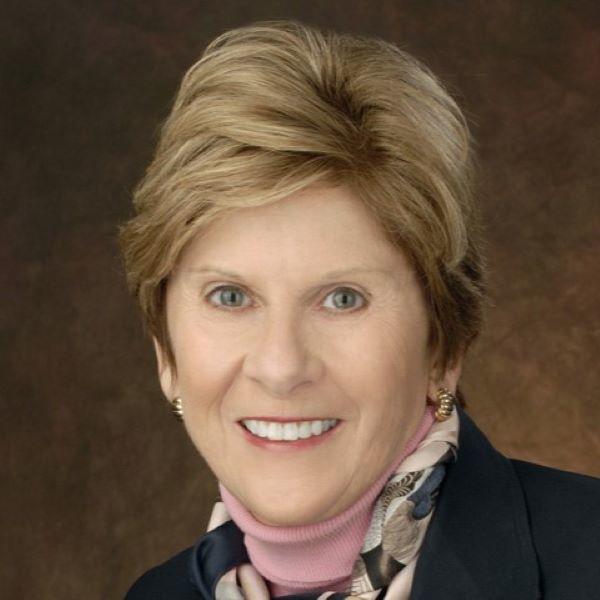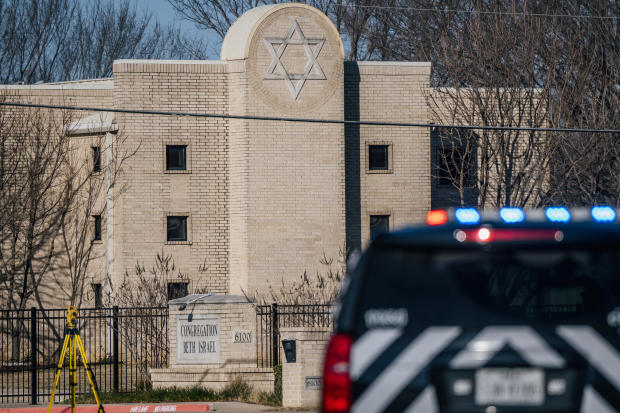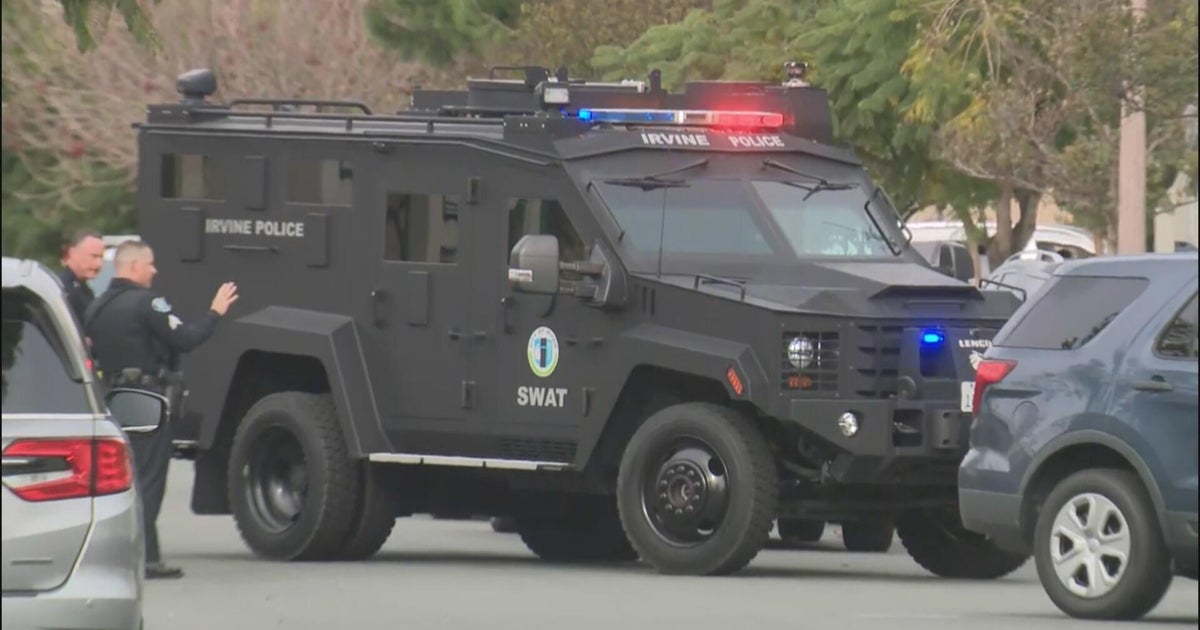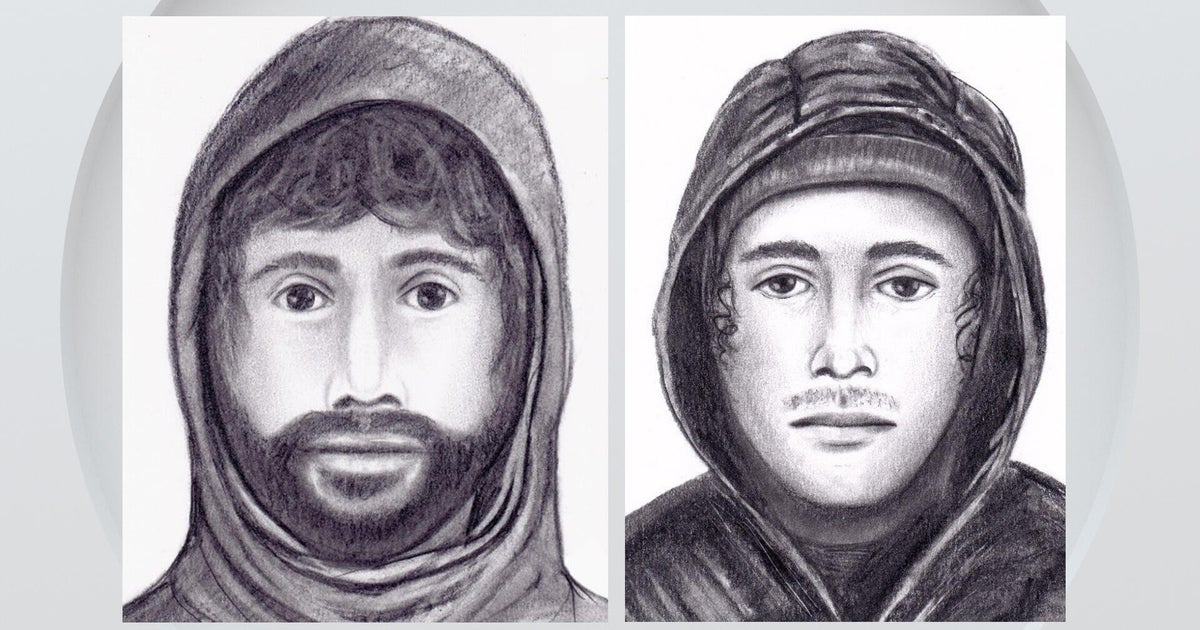Details emerge about suspected gunman in Texas synagogue hostage standoff
More details are emerging Monday about the suspected gunman responsible for the Texas synagogue hostage standoff, following a high-level law enforcement conference call led by FBI director Christopher Wray, notes of which were obtained by CBS News.
The suspect, 44-year-old Malik Faisal Akram, a British citizen who is believed to have come to New York in late December, said he bought the gun used in the attack "on the street," according to notes from the call, which included officials from the FBI, Department of Homeland Security and Texas police. The gun was last sold in Texas in September 2019.
Akram had arrived in Texas by December 31, officials said on the call. Once he had entered the synagogue and taken the four people hostage, he repeatedly said he was willing to die by the hands of police, according to the notes. He also said he was not acting on behalf of a foreign terrorist organization.
The FBI said Sunday that during the hostage situation, the gunman "spoke repeatedly about a convicted terrorist who is serving an 86-year prison sentence in the United States on terrorism charges."
A source close to the incident had previously told CBS News that the hostage-taker had asked for the release of Aafia Siddiqui, a Pakistani woman serving an 86-year sentence in a federal prison in Texas for trying to kill U.S. officers in Afghanistan.
Akram appeared to become angrier as the night wore on, the conference notes said. Near the end of the more than 10-hour standoff, he threatened to kill the hostages when there had been no progress on Siddiqui's release — prompting authorities to approve the entrance of the FBI Hostage Rescue team.
Rabbi Charlie Cytron-Walker, who was one of the people taken hostage, told "CBS Mornings" that the situation seemed to be deteriorating near the end of the night, and he knew from attending security training sessions that "when your life is threatened, you need to do whatever you can to get to safety."
"I told them to go, I threw a chair at the gunman and I headed for the door," he said. "And all three of us were able to get out without even a shot being fired."
The law enforcement conference call came as investigators are still working to piece together the weeks leading up to the standoff.
A law enforcement source told CBS News that Akram stayed at both a hotel and a homeless shelter in Texas.
A Dallas center that provides services to the homeless told CBS News that Akram came there "presenting as a homeless individual in need of shelter" at approximately 10 p.m. on January 2. He spent the night at the facility and left the next day, the center said, adding that it has shared video and photographs with the FBI.
A senior U.S. official told CBS News that FBI agents are going to homeless shelters in the area and speaking with people there to try to trace Akram's movements.
Two U.S. officials told CBS News that Akram was not on any U.S. terror watch lists, though the matter remains under investigation.
British police said late Sunday that two teenagers had been detained in South Manchester in connection with the incident. The law enforcement source told CBS News that the two people are Akram's teenage sons, who were allegedly in contact with him the day of the incident. Investigators are looking to determine what the sons may know about their father's alleged actions, the source said.
Asif Mahmud, a community organizer in Blackburn, England, who has known the family for 30 years, told The Associated Press that Akram "had mental health issues for a number of years."
"The family obviously were aware of that … but nobody envisaged he would potentially go and do something like this," Mahmud said.
Following the call with federal law enforcement officials, FBI Deputy Director Paul Abate and DHS Under Secretary for Intelligence and Analysis John Cohen sent a message to state and local law enforcement partners warning them of a heightened threat environment.
"Faith based communities have and will likely continue to be targets of violence by both domestic violent extremists and those inspired by foreign terrorists," the message read.
Officials noted that Saturday's hostage situation "appears to be an isolated incident" and there are currently no additional specific and credible threats associated with it. Both FBI and DHS remain in a 24/7 monitoring and security posture, "to ensure this incident is not a catalyst for similar attacks."






